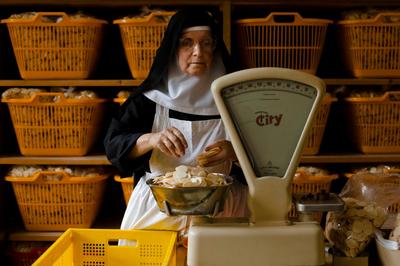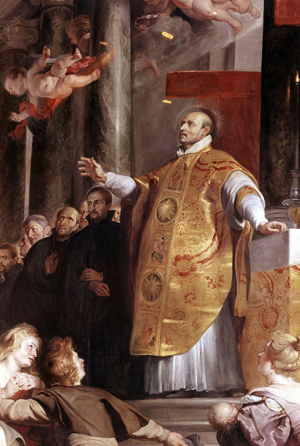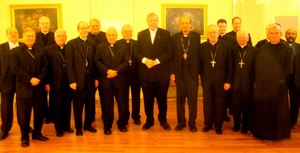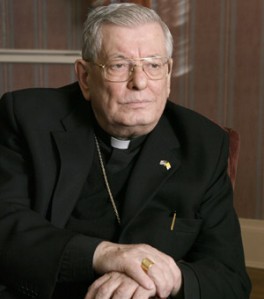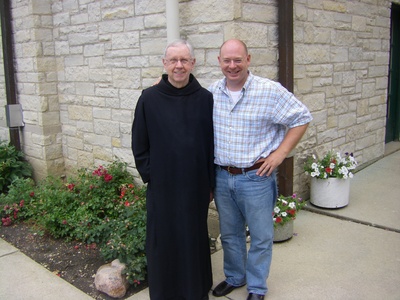Going along in my uncertainties I muddle over questions of life that affect me on the spiritual level. Perhaps others do the same. One of the things that Father Carrón is asking in his 2011 retreat for the Fraternity of Communion and Liberation is: do we recognize that despite our human weakness, or failings, that Christ still loves every part of me? Yes, but not always. Sometimes it is difficult to be aware such an expression of the Other. Why this is so, I am still trying to figure out. Let me know when you get the answer. The Abbot of Christ in the Desert in New Mexico writes a weekly online column which is often insightful. The following is a portion of that column that used for reflection:
Some people are insistent at times, to me, that it is
impossible any longer to lead a truly chaste and celibate life. My general
reply is that it has always been more or less impossible and is only truly
possible when there is a strong faith and a deep commitment to the Lord and a
trust that God will give us the strength that we need. Without a doubt that
have always been failures and there will always be failures, but that is to be
taken for granted in the human condition. Repentance and conversion are a part
of any Christian life and are always values and realities that struggle against
the brokenness that we find within us.
There is no doubt that all of us are
created good and that God always loves us. Our own understanding of ourselves,
though, helps us understand that our goodness has been compromised by others,
by ourselves and by situations outside of our control. The gifts of repentance
and conversion help us in our struggle against all within us that has been
compromised.
This gift of the capacity to struggle against our brokenness is
one of the gifts of salvation given to us in Christ Jesus. Jesus is a model for
us in His humanity because He lived for truth and for the glory of His Father.
Jesus won and wins salvation for us by giving Himself up to death and by rising
from the dead.
Father Philip,
Abbot of Christ in the Desert Monastery
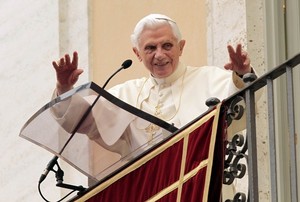 One of the Holy Father’s August prayer intentions
One of the Holy Father’s August prayer intentions